Written By Zsolt Jirka

Ever wonder how money travels the world? Welcome to the fascinating world of forex! In this article, we’ll explore who are the major players in forex market. Who cause currency ups and downs. From powerful central banks to everyday traders, each one plays a part. We’ll break down the confusing terms and explain why these ‘big movers and shakers’ matter, all in a way that’s easy to understand. So, buckle up and get ready to dive into the exciting realm of international finance!
Major Players In Forex Market:
1. Central Banks:
Importance: They set interest rates, which influence currency exchange rates. Higher rates make a currency more attractive (investors want higher returns), so its value goes up.
2. Major Central Banks:
- Federal Reserve (US): Sets rates for the US Dollar (USD).
- European Central Bank (ECB): Sets rates for the Euro (EUR).
- Bank of Japan (BOJ): Sets rates for the Japanese Yen (JPY).
- Bank of England (BOE): Sets rates for the British Pound (GBP).
- Reserve Bank of Australia (RBA): Sets rates for the Australian Dollar (AUD).
3. Commercial Banks:
Examples: Citibank, JP Morgan Chase, HSBC, Bank of America.
Trading Reasons:
- Facilitation: They exchange currencies for businesses and governments involved in international trade.
- Speculation: Sometimes they buy and sell currencies to try and profit from exchange rate movements.
Heavy Hitters with Big Money:

4. Hedge Funds:
Trading Reasons: They trade currencies to make profits. They might use various strategies, like:
- Carry Trade: Borrowing in a low-interest-rate currency and investing it in a high-interest-rate currency to pocket the difference.
- Arbitrage: Exploiting temporary price differences between currencies in different markets.
5.Governments:
Imagine governments are like jugglers, trying to keep their currency stable. Sometimes, if their currency gets too weak, they step in and buy some to make it stronger. This can also help businesses sell more products overseas, but it makes buying things from other countries more expensive.
On the other hand, if their currency gets too strong, they might leave it alone. This makes buying things from other countries cheaper, but it hurts businesses selling things overseas. It’s all about finding the right balance!
Market Participants:

6. Multinational Companies:
Example: Apple.
Forex Usage: They use forex to hedge against currency fluctuations. For instance, if Apple sells products in Europe (EUR), they might buy EUR to protect their profits from a weakening Euro.
7. Investment Firms:
Examples: BlackRock, Vanguard.
Investment Firms: Spreading the Risk
Investment firms manage money for their clients. To spread out the risk and potentially earn more, they might add currencies to their investment portfolios. This means they buy and sell currencies based on how they think exchange rates will change.
Tech Savvy Players:
8. Algorithmic Trading Firms:
Trading Focus: They use complex algorithms to analyze market data and execute trades at high speeds. This helps maintain market liquidity (ease of buying and selling) by constantly placing orders.
The Everyday Folks:
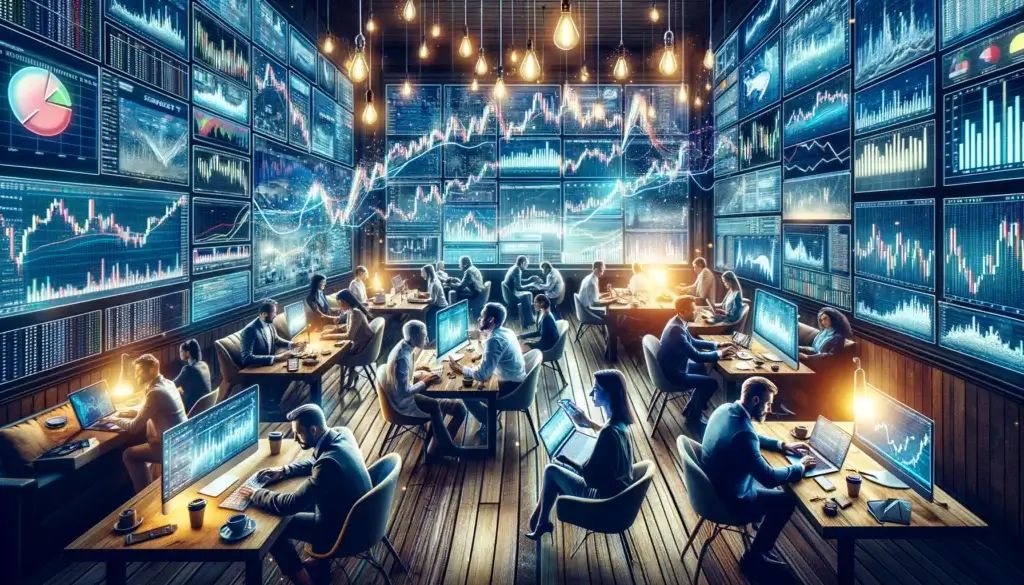
9. Retail Traders:
Trading Platforms: Online platforms allow individuals to trade forex. It’s a risky market and requires proper education and caution.
Helpers and Enablers:
10. Brokerage Firms:
Function: They act as intermediaries, providing retail traders access to the forex market to buy and sell currencies. They charge commissions or fees for their services.
11. Exchange-Traded Funds (ETFs):
Imagine a basket filled with different currencies. That’s kind of like an ETF (Exchange-Traded Fund) for forex.
Instead of buying individual currencies yourself, you can buy an ETF that holds a bunch of them. This way, you get exposure to the forex market without all the hassle (and risk) of picking which currencies to buy and sell yourself. ETFs are a good option for beginners because they spread out your investment across multiple currencies. Reducing the risk of losing money on just one.
Conclusion:
The forex market is a big marketplace where people and countries trade currencies. It’s always changing, and different players like governments and banks all influence how much currencies are worth. This guide explained who these players are and what they do, so you have a better idea of how this giant marketplace works!
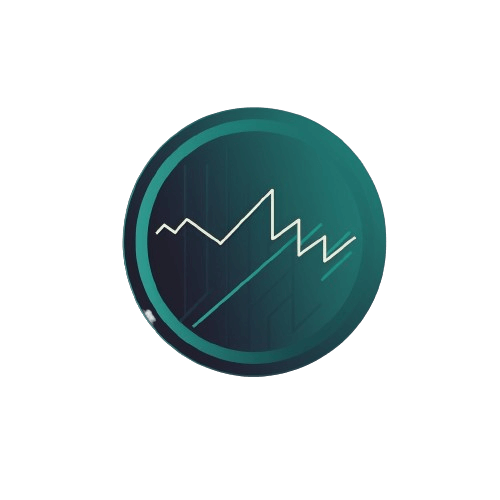
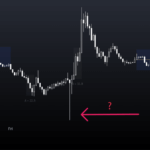
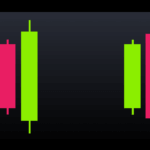
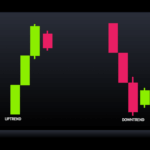
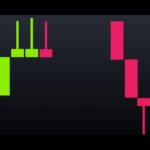
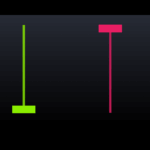
Leave a Reply